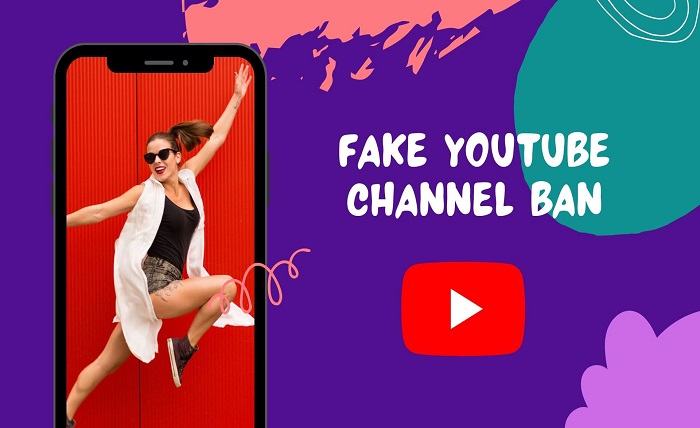RajkotUpdates.News: A Ban on Fake YouTube Channels that Mislead Users, the Ministry Said

In today’s digital age, social media platforms have become powerful tools for information dissemination. However, with the rise of fake news and misinformation, it has become imperative to regulate and monitor the content shared on these platforms. Recently, the Ministry of Information and Broadcasting took a significant step in combating this issue by announcing a ban on fake YouTube channels that mislead users. In this blog post, we will explore the implications of this decision and its potential impact on the fight against misinformation.
Understanding the Menace of Fake YouTube Channels
Fake YouTube channels have emerged as a prominent source of misinformation, spreading false narratives and manipulating public opinion. These channels often disguise themselves as legitimate sources of news, deceiving unsuspecting users and contributing to the dissemination of fake news. The Ministry’s decision to ban such channels aims to curb this growing problem and protect the public from falling prey to deceptive information.
The Ministry’s Stand: Strengthening Media Credibility
The Ministry of Information and Broadcasting, responsible for regulating media and broadcasting in the country, has taken a firm stand against fake YouTube channels. By implementing this ban, the Ministry aims to safeguard the credibility of the media landscape and reinforce the importance of reliable and accurate information. This move demonstrates the government’s commitment to ensuring that users can trust the content they consume on digital platforms.
Addressing the Spread of Misinformation
Misinformation poses a significant threat to society, as it can incite fear, hatred, and confusion among the masses. Fake YouTube channels contribute to this problem by disseminating distorted narratives and spreading rumors. The ban on these channels is a step toward tackling the rampant spread of misinformation, ensuring that users are not misled or manipulated by false content. It also serves as a deterrent for individuals and groups attempting to misuse online platforms for their vested interests.
Enhancing Transparency and Accountability
One of the key goals of the ban on fake YouTube channels is to enhance transparency and accountability in the digital media space. By cracking down on deceptive content, the Ministry intends to promote responsible journalism and discourage the creation of false narratives for personal gain. This measure sends a strong message that spreading misinformation will not go unpunished, and content creators must uphold ethical standards while engaging with their audience.
Collaborative Efforts: Government and Platform Responsibility
While the ban on fake YouTube channels is a significant step, the responsibility to tackle misinformation lies not only with the government but also with the social media platforms themselves. It is essential for platforms like YouTube to implement robust content moderation policies, deploy advanced algorithms for detecting fake channels, and provide users with tools to report misleading content. This collaboration between the government and platforms can effectively combat the proliferation of fake news and restore trust in online information sources.
Protecting User Safety and Digital Literacy
The ban on fake YouTube channels is ultimately aimed at protecting user safety and promoting digital literacy. By removing misleading content, users can make informed decisions and avoid falling victim to misinformation. This decision aligns with the broader efforts to educate users about media literacy, critical thinking, and fact-checking. Empowering users to discern credible information from false narratives is crucial in combating the spread of misinformation across various digital platforms.
Conclusion:
The ban on fake YouTube channels by the Ministry of Information and Broadcasting is a commendable step in combating the menace of misinformation. It not only strengthens media credibility but also protects users from being misled by false narratives. However, this ban should be seen as a starting point in the ongoing battle against misinformation. Continued efforts by the government, social media platforms, and individual users are essential to create an informed digital society where reliable information prevails over deceptive content.



